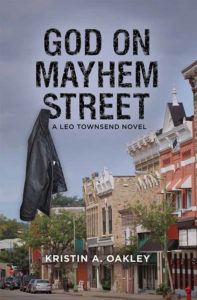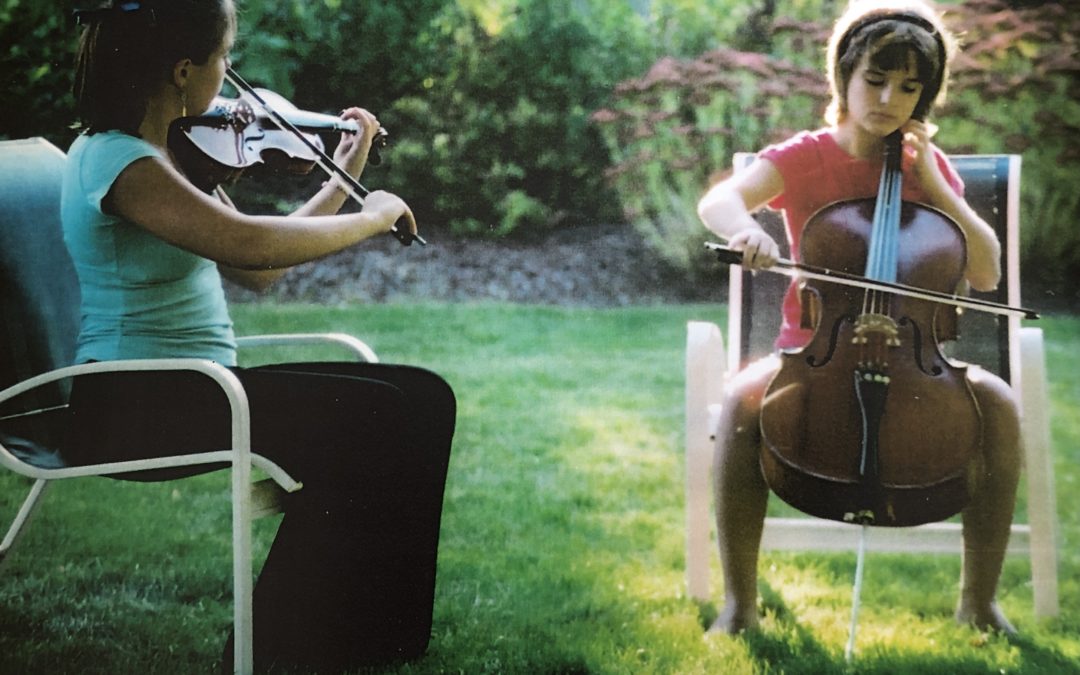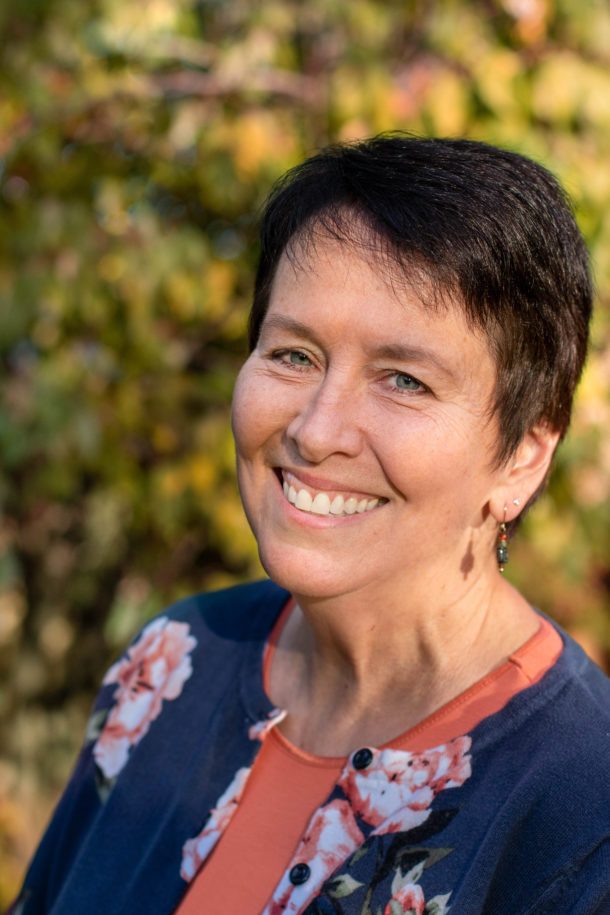In 2008, I wrote “Top 5 Reasons to Homeschool” for the July-August edition of Home Education Magazine which I’m passing along to you.
Things have changed dramatically since then, so, for 2021, I’ll add a few more: no mandatory virtual schooling (either part or full time), no mandatory mask and/or shield-wearing, no desks enclosed in glass or plastic, and no social distancing (homeschoolers love to hug). Honestly, when I made the list back in 2008 I never dreamed public schooling would become so draconian.
Okay, here we go . . .
Top 5 Reasons to Homeschool
I’m amazed at how many reasons there are to homeschool. Throughout our 16 years of homeschooling, I’ve periodically added reasons to my list, such as avoiding bomb threats or outbreaks of lice. I’ll tease that we’re up to reason number 287 but I’m sure I’m not that far off. Instead of listing all 287 (like #75, elimination of art from the school budget), here are my top five reasons to homeschool.
Number 1 – Freedom from Boredom
My daughters, Caitlin and Jessica, are free from the boredom that permeates school life. My own school days consisted of being a good student and following the rules. I have fond memories of acting in Hamlet with my sixth-grade class and not-so-fond memories of teachers disciplining me for hugging my best friend.
However, most of my memories are of spending hours, days, and weeks being bored. I couldn’t wait to get home where real life began. Later, as a parent investigating preschools, I read Nancy Wallace’s book, Better than School, and realized my daughters’ childhood could be exciting, vibrant, fulfilling, and happily lacking in boredom. Boredom does occur in our home, but it’s fleeting and rare. It’s been months (years?) since one of my daughters complained of being bored. (For more on this #1 reason, see my post “Why I Decided to Unschool My Children”)
Number 2 – Real-World Socialization
We provide Caitlin and Jessica with real-world socialization. Socialization outside the classroom, in the real world, involves interacting with people of all ages, backgrounds, interests, and talents. As homeschoolers, we do this naturally when we visit the public library, park, museum, or store at any time during the day. This gives us many opportunities to meet people of all ages and from all walks of life. Contrast this to public school socialization where students interact with 29 other students their own age and one adult, their teacher.

Caitlin and Sam
Real-world socialization has led us to wonderful experiences. For instance, Caitlin volunteers at Rockford’s Discovery Center, a children’s museum. One day she mentioned a new friend named Sam who also volunteers. I pictured Sam as a twenty-something college student but when I met him I was pleasantly surprised to meet a retired public school science teacher. They’ve been buddies for years.
In addition, at Jessica’s twelfth birthday party, male and female friends from 10 to 53 years old joined in the celebration. Birthday parties with wide-ranging ages and both genders are the norm in our household. Age and gender have little meaning to my daughters, instead, they select their friends based on character and interests.
Number 3 – Opportunity to Develop Strong Family Relationships
Homeschooling gives us the opportunity to develop strong family relationships. Having moved many times in my life, I understand the transient nature of most friendships. The one constant in my life has always been family. Like my daughters, I have only one sister. We’re good friends. However, we didn’t always get along and because of this, there are years of her life when I have no idea what she did. I blame public schooling. Whenever my sister and I fought, we could avoid each other and then head off to school, thereby not addressing the issue. The years when we should have resolved conflicts and built a strong friendship were instead marred by daily separation.
On the other hand, Caitlin and Jessica truly grow up together on a day-to-day basis. When they do fight, which happens rarely, they have to work it out. They simply can’t avoid each other. Once conflicts are resolved, they can get on to the business of enjoying each other’s company. As a result, whenever anyone asks them who their best friends are, they start by naming each other.
I also cherish my relationships with Caitlin and Jessica. I am the one who delighted in seeing them decipher their first book or solve their first equation. (Would a teacher with 29 other children in the room even notice?). But it’s more than just the “firsts.” It’s the hugs and kisses any time of the day, the questions about Boo Radley’s motives or why the Iraqi Wr started, the Mega Monopoly games, cooking sessions, impromptu piano and cello concerts, and even laundry folding. It’s being together throughout the journeys our lives are taking.
Number 4 – No School Schedules
We’re free of school schedules. As homeschoolers, in almost every sense, we own time. We decide when we want a hectic day of music lessons, choir practice, art classes, and swimming at the YMCA or a free day at home in pajamas, a fire in the fireplace, and few good books. Our bedtime is determined by how good the movie is we’re watching, how long the observatory is open, when our friends have to leave, or when we can finally put down that thriller. We are free to travel any time of the year, not just when the school holidays dictate.
Number 5 – No Labels
We’ve freed ourselves of labels. In our house, no one is known as the teacher’s pet, the jock, the brainiac, the grease ball, the nerd. No one is in the remedial reading class or the orange (or pink or red) math level. No one is labeled ADD or ADHD or SHS (Simply Hates School). We are free from labels and free to learn and grow at the pace our brains and bodies dictate.
To some extent my girls are at times the teacher’s pet (I love it when they do a chore without my asking); the jock; as when Caitlin plays soccer and Jessica dives into a pool; the brainiac (just ask them anything about Shakespeare or Harry Potter); the grease ball, particularly early in the morning after a late-night; and the nerd (after all they don’t know all the lyrics to the newest rap songs). But rather than label each other, we give support through the tough times and celebrate the triumphs.
Each of these and the other 282 or so reasons to homeschool can be described by one word: Freedom. Homeschoolers are free to learn whatever interests us; whenever and wherever it interests us. We are wonderfully free to let our curiosity get the better of us.


For a limited time, I’m offering the
Kindle versions of Carpe Diem, Illinois,
my novel about an
unschooling community, and the sequel,
God on Mayhem Street.
for only
99¢
You can also get audio and paper editions of both books through Amazon,
Barnes & Noble, Audiobooks.com, Libro.fm, and other retail outlets.
For Writers and Readers:
 Check out my newsletter about my writing life. There are tips on how to manage your time, articles about the craft of writing and writers’ conferences, and so much more. Whether you’re a veteran author, someone who just has an idea for a book, or merely a book lover you’ll enjoy it. Click here to sign up!
Check out my newsletter about my writing life. There are tips on how to manage your time, articles about the craft of writing and writers’ conferences, and so much more. Whether you’re a veteran author, someone who just has an idea for a book, or merely a book lover you’ll enjoy it. Click here to sign up!




